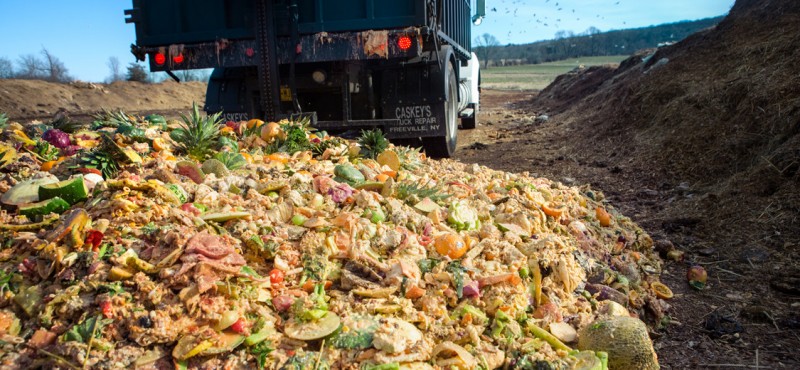The Government needs to build on the success of initiatives like the food hub operated by the Simon Community in the Mid West if it is to meet its target of reducing food waste by half over the next eleven years.
That’s the view of Clare Fine Gael TD Joe Carey who asked Environment Minister Richard Bruton about the steps that can be taken to reduce food waste, particularly in supermarkets, in view of the fact that nearly a million tonnes of food is wasted in Ireland every year.
Speaking in the Dáil last week, Deputy Carey said that while a great deal of progress has been made to reduce food waste in recent years, more needed to be done. Producers, consumers and schools had a role to play if food waste was to be reduced to 500,000 tonnes by 2030 in line with the United Nations sustainable development goals and the EU’s circular economy action plan.
He pointed to the success of a pilot project in Frenchpark in Roscommon, which provides a composter training programme, and said it could be expanded to encourage wider use of brown bins.
The Clare TD also highlighted waste problems in the grading system for vegetables. He said that “where a vegetable might be a different size or look different to the normal one, they are thrown out”.
“The introduction of brown bins was a significant success and I welcome the Department’s interaction with the various supermarkets, including Tesco, Lidl, BWG Foods and Musgraves.
“Charitable organisations like FoodCloud are doing tremendous work. Along with Simon, it operates a food hub in the Mid West and we need to build on this progress. As such, I ask the Minister whether he has plans to step up efforts to reduce food waste”.
Responding to Deputy Carey, Minister Bruton said that globally, it is estimated that one third of all food produced for human consumption is wasted each year.
“In Irish households, food waste is costing about €700 each every year. We waste nearly a million tonnes of food annually. About a third arises in retail and catering, with a somewhat smaller share of waste from consumers, and somewhat larger share from producers.
“While supermarkets are directly responsible for the disposal of only two per cent of food waste, their influence across the supply chain makes them central actors in combating our national food waste problem. Recognising this, my Department and the EPA sought to involve major supermarkets in reducing food waste. Aldi, BWG, Lidl, Musgrave and Tesco have all participated in my Department’s action group on food waste.
This has involved signing up to the food waste charter commitments, supporting the EPA’s “Stop food waste” campaign, signing up to the FoodCloud food donation network and collecting and sharing food waste data.
I intend to build on this foundation. I am currently reviewing the data on waste streams and practices at different points in the supply chain and any implications for our current programmes. My aim is to identify initiatives which can reduce food waste in line with agreed targets but also to improve recycling by encouraging increased uptake and use of the brown bin by householders and businesses.
Mr Burton acknowledged that “over one third of waste is at producer end which reflects practices like that”. He suggested such discards could be recycled to other materials, whether for animal feeds or whether they can get into the consumer chain.
He said he was happy to look at suggestions from players in the field and to meet them to go through “the sort of policy changes we need” to develop an effective strategy.
But he said it was clear that “a 50 per cent reduction is going to require huge improvements”.




